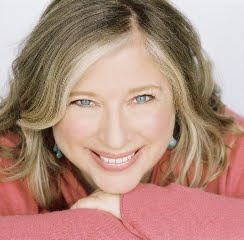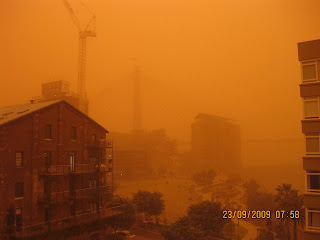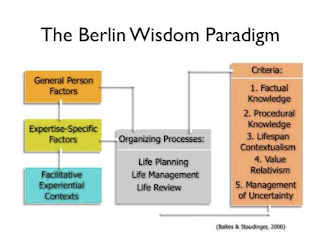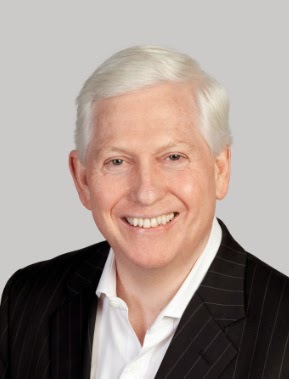
On Wednesday December 16th I noticed a "blob" in the peripheral vision of my right eye. I checked in to my Optometrist first thing next morning, December 17th, and within 3 hours I was being operated on for a detached retina! What followed was 5 days in support equipment to keep my head down for 22 out of every 24 hours. And with a gas bubble in my eye I was also unable to fly to the Gold Coast for a family Christmas "reunion" Boxing Day lunch (first in 11 years!). The surgery was successful with 100% recovery of sight. But what was I not seeing? Coming out of a long and difficult year, how has my "vision" been affected?


















































